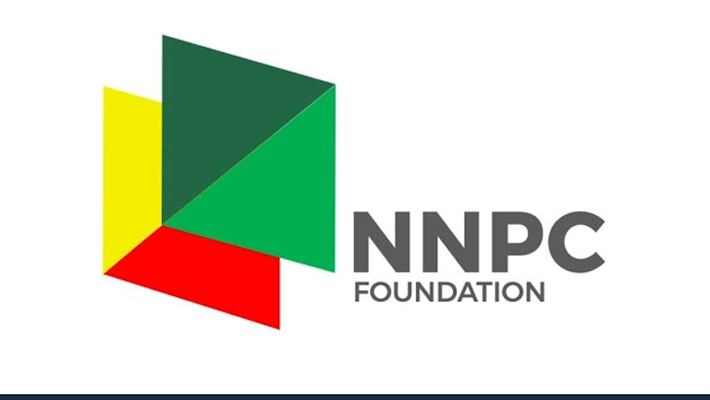The prayers of consumers of food items in Nigeria would be said to have been answered when the price of wheat went down recently. So, it is proper that they rejoice, hoping that such a fall in prices would eventually affect the prices of the processed products. However, wheat farmers, in Jigawa State in particular, are not celebrating. The reason is that they are facing severe financial losses as harvest season brings drastically low prices, when compared with the cost of production. They have therefore called for government intervention.
The concern of the farmers was expressed by the Birnin Kudu branch of the Wheat Farmers Multipurpose Cooperative Society. According to them, there is a stark contrast between high production costs and the current market value of their produce.
Chairman of the body, Saminu Nuhu Mai Rijiya said, “Farmers bought wheat seeds at N150,000, not to mention labour, fertilizer, and petrol expenses. Now, we’re forced to sell at a significant loss of N55,000 per bag.” He said the only way to prevent further losses is for the government to come to the aid of the farmers. Mai Rijiya believes that such intervention will not only arrest the losses but also encourage self-sufficiency, and secure food supplies.
Mai Rijiya said the government would have to go beyond the immediate intervention to address the challenges that wheat farmers had had to deal with. These, he said, include limited access to modern farming techniques, extension services, and microfinance, all of which hinder productivity.
Garba Ubandi, the society’s secretary, corroborated him by echoing the concerns, emphasising that the price collapse undermines farmers’ efforts towards self-reliance and food security. Though he praised the 75 percent input subsidy scheme put in place by the state governor, Ubandi, however, added that that there was an urgent need for price stabilisation measures. The secreatry said, “By providing targeted interventions, the government can help wheat farmers overcome current challenges and contribute to Nigeria’s food security goals.”
Alhaji Mu’awiya Halilu, a major wheat buyer in Shuwarin Market, confirmed the farmers’ plight. He attributed the low prices to an influx of cheaper wheat from neighboring countries. He expressed the fear that without government support, farmers might abandon wheat cultivation, with serious consequences for regional food security. Halilu, therefore, called for policies protecting local producers and promoting sustainable farming.
Agricultural expert Mannir Tsoho Hadejia added that while imports contribute to the price drop, transportation costs, storage, and market demand also play a role. He suggested infrastructure and storage improvements to help farmers manage their harvests better.












